Discover how The Vegan Society's Advocacy Service empowers vegans and supports their rights through real-life casework
Introduction to our Advocacy Service
The Vegan Society's advocacy service deals with a wide range of issues faced by vegans. This work is led by Dr Jeanette Rowley, Chair of the Vegan Society's International Rights Network and Vegan Rights Advocate.

Vegan Rights Conference, Copenhagen
In 2024, our legal work included supporting lawyers around the world, delivering a vegan rights conference in Copenhagen, Denmark, and giving evidence in court in Peru.
Our Know Your Rights service processed around 250 requests for support and we continued to help individual vegans defend their rights in employment, education and as consumers of goods and services. Throughout 2025, we have continued our dedication to supporting lawyers and organisations around the world and helping those who feel their rights as a vegan are being infringed upon. In October this year, members of The Vegan Society’s International Rights Network will convene in the Caribbean to attend a court case and participate in a conference co-hosted by The Vegan Society and the Caribbean Vegetarian and Vegan Community.
General considerations
Veganism is protected under human rights law and equality law.
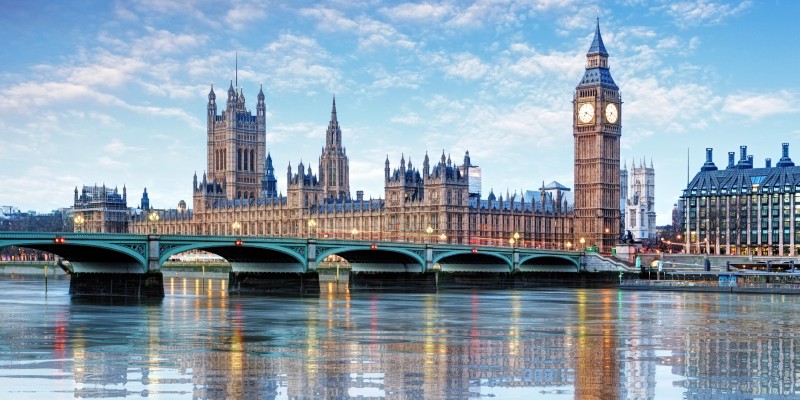 If the issue involves a public body, the Human Rights Act 1998 can potentially be invoked because public bodies must not act in a way that contravenes fundamental rights. Veganism is recognised as a philosophical conviction opposed to the exploitation of nonhuman animals and falls within the legal meaning of the human right to freedom of thought, conscience and religion. This was confirmed by the Commission of the European Court of Human Rights in 1993. The United Kingdom is bound by the European Convention on Human Rights and the rights contained in the Convention are implemented in UK law through the Human Rights Act 1998.
If the issue involves a public body, the Human Rights Act 1998 can potentially be invoked because public bodies must not act in a way that contravenes fundamental rights. Veganism is recognised as a philosophical conviction opposed to the exploitation of nonhuman animals and falls within the legal meaning of the human right to freedom of thought, conscience and religion. This was confirmed by the Commission of the European Court of Human Rights in 1993. The United Kingdom is bound by the European Convention on Human Rights and the rights contained in the Convention are implemented in UK law through the Human Rights Act 1998.
Protection for “religion or belief” under the Equality Act 2010 looks to the scope of protection under the human right to freedom of thought, conscience and religion. This means that since 1993, it was only a matter of time before it would be confirmed that “ethical” veganism (convictions extending beyond diet) was a protected characteristic under British equality law. Protection under the Equality Act 2010 was explicitly confirmed in 2020 following an 8-year campaign to raise awareness about the legal rights of vegans.
Under the Equality Act 2010 (qualifying) ethical vegans are protected from discrimination in three categories: consumers of goods and services, education and employment.
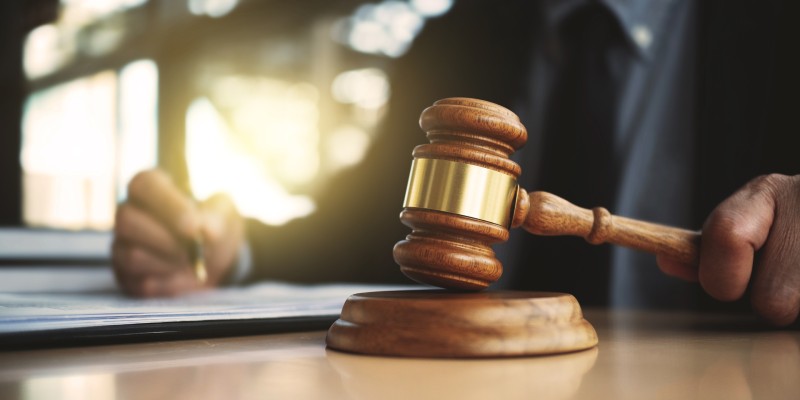 In addition, public bodies such as schools, the National Health Service and the police are subject to the Public Sector Equality Duty under the Equality Act 2010. This requires them to have due regard to consider vegans as a protected group when making decisions about policies and practices, and to ensure they do everything they can to be inclusive of vegans in the delivery of their functions. They must have due regard to the need to promote equality of opportunity, remove discrimination and foster good relations between vegans and non-vegans. One of the reasons for the need to foster good relations is the need to break down prejudice.
In addition, public bodies such as schools, the National Health Service and the police are subject to the Public Sector Equality Duty under the Equality Act 2010. This requires them to have due regard to consider vegans as a protected group when making decisions about policies and practices, and to ensure they do everything they can to be inclusive of vegans in the delivery of their functions. They must have due regard to the need to promote equality of opportunity, remove discrimination and foster good relations between vegans and non-vegans. One of the reasons for the need to foster good relations is the need to break down prejudice.
The categories of protection
The issues vegans seek assistance with can happen in the public or private sector and generally fall into 3 categories. The categories are:
1. Provision of goods and services
This is a broad category. It includes: pubs; restaurants; hotels; shops; cinemas; theatres; hospitals and clinics; estate agents; private landlords; local authority housing departments; banks; building societies; insurance and finance companies; railway stations; bus stations and airports; churches and other places of worship; charities and voluntary organisations; government departments; local authorities; courts and tribunals; police officers and prisons and welfare services, such as housing advice, day-care or community care.
Protection in this domain can include reference to consumer law.
2. Education
In addition to the legal provisions outlined above, vegan parents and guardians have the right to raise their children according to their moral convictions. Also under human rights law, the education system must respect the convictions of vegan parents or guardians and not coerce vegan learners away from veganism. Schools can teach a broad curriculum, but the way a curriculum is taught must be objective, critical and plural. Under the Equality Act 2010, a school must not cause a pupil a disadvantage.
3. Employment
Vegans in employment and recruitment are protected from discrimination. An employer must have a genuine occupation requirement to exclude vegans from the recruitment process.
 Examples of cases that our Advocacy Service has supported
Examples of cases that our Advocacy Service has supported
Examples of issues in the provision of goods and services
Excluded from booking a trip
Vegans have been refused booking trips simply because they were vegan. This has happened to vegans booking long-distance trips in the UK and to vegans travelling to cultural events abroad. The reasons given were that there would be no vegan food on the trip and that the rest of the party would not want vegans on the trip.
In all cases, the vegans argued that they were discriminated against. The action taken by The Vegan Society was to advocate for the vegans and ensure that the tour providers were informed about their legal duties under equality law relating to the provision of goods and services. The outcomes were that the vegans were offered an apology and invited to book onto the trip if they still wanted to.
No vegan food on a booked holiday
Vegans have been promised vegan food prior to booking holidays abroad, only to find that no vegan food was available. Some vegans were on activity holidays but spent most of their time looking for food. One group of vegans was unable to obtain a vegan meal option, so they had to make do with whatever they could put together from a predominantly non-vegan buffet.
In all cases, the tour operators were informed of their legal duties under equality and consumer law and in some cases, significant refunds and compensation were secured.
Excluded from restaurant bookings
Vegans have been refused booking a table at restaurants on the grounds that the restaurant doesn’t cater for vegans. In some cases, the vegans have been part of a larger group going out with friends who were not vegan. In some cases, the restaurants accepted the booking for the non-vegan members of the group, but not the vegans.
In all cases, the restaurants advertised that they cater for a range of special diets and also listed vegetarian options. The Vegan Society informed the restaurants of their legal duties and the restaurants eventually accepted that they could easily cater for vegans from their standard menu without incurring any hardship.
Non-vegan food included in a takeaway order
Vegans ordering vegan takeaways online have found pieces of non-vegan food on top of their vegan food and alleged malicious intent. Some vegans who complained have been ignored by the food provider and some obtained a refund. A restaurant that knowingly and routinely adulterated vegan food was revealed by kitchen staff in a court case. In cases concerning the way vegan food is prepared and served, vegans are signposted to our guidance on vegan food preparation, and on how to get in touch with food standards officers who are able to assess whether wrongdoing has taken place.
Vegans have been served non-vegan food in restaurants and cafes after asking for vegan food. This can happen due to a lack of knowledge on the part of the food providers, and it can happen by mistake.
In all cases, The Vegan Society provides information to vegans and food providers and ensures that the vegans who do not receive what they ordered are equipped to request a refund or replacement, as is their entitlement under consumer law.
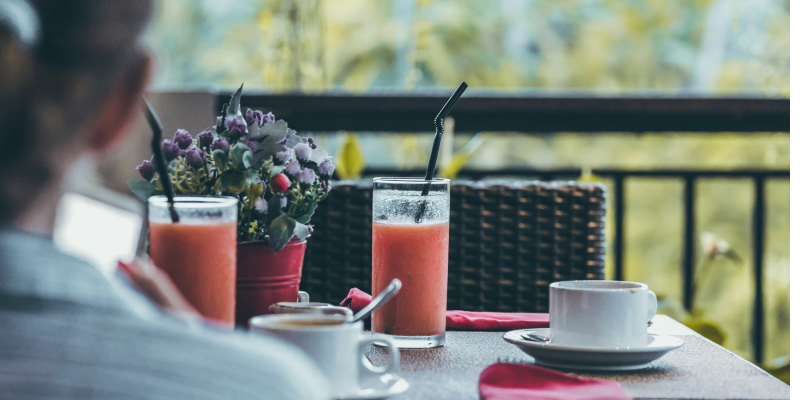
London Dungeon marketing stunt
Vegans argued that The London Dungeon treated them unfairly/discriminated against them through a marketing stunt called VeBanuary planned for January 2023.
The Vegan Society wrote to The London Dungeon and their educational accreditation provider (Learning Outside the Classroom) to inform them of their legal duties under the Equality Act 2010. The planned marketing did not go ahead and The London Dungeon publicly apologised for any offence caused.
Vegan adults refused foster opportunities
Multiple vegan adults wishing to foster children have been withdrawn from the fostering application process because they are vegan. In many cases, the vegans were informed that their lifestyle created an unsuitable environment in which to place children.
This is a sensitive and complex issue that does not have a simple solution. The child’s best interests are paramount and decisions about their welfare are made by childcare professionals who are trained to make appropriate decisions. The Vegan Society has met with fostering network consultants and social workers to discuss legal duties and is working with them to ensure that vegan applicants are on a par with other applicants.
Local authority services
Young vegans involved with local authority services have been treated unfairly (with regard to budgets) because they eat a vegan diet. In the cases we have dealt with, we have been able to protect vegans from ongoing discrimination by ensuring that their needs were represented in food policy decisions.
Hospitals
Vegans in hospital have reported being met with a hostile or dismissive attitude from hospital staff and have complained that they have not had access to vegan food or that the vegan food is appalling. In some cases, the vegans needed to stay in the hospital for a long period of time and didn’t feel well-supported by hospital staff or the hospital's complaints system.
The Vegan Society supports all vegan complainants and has a good track record of helping bring about acceptable solutions for vegans in hospital, but much more work needs to be done to ensure vegans nationwide have adequate and nutritious food in public sector settings. Our support always provides information about legal protections afforded to vegans and the public sector equality duty.

Care Homes
Family members of some vegans in care homes have reported situations in which their vegan loved ones were fed meat and dairy products. Sometimes, this has happened to vegans with reduced mental capacity. The care home staff claimed that the vegans asked for non-vegan food, but the family argued that they would never have asked for non-vegan food.
In these kinds of cases, providing information and advocacy to the multi-disciplinary healthcare team brought about satisfactory outcomes. People with reduced mental capacity must have their best interests taken into account by law and their former ethical values are relevant in decision-making about their care. This means that vegans should be supported to retain their vegan lifestyle if they suffer loss of mental capacity.
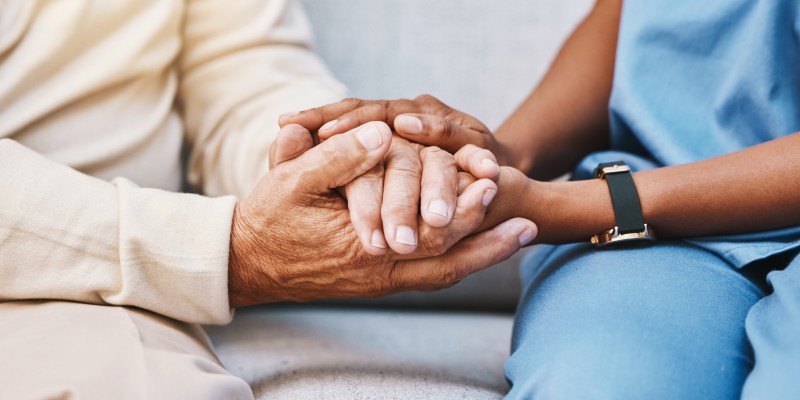 GPs and Pharmacists
GPs and Pharmacists
Vegans requesting information from their GP or pharmacist about ingredients in medications have reported feeling dismissed and treated unfairly, sometimes by reception staff too.
In these cases, The Vegan Society provides information and guidance about the rights of vegans and legal duties to GP practices, advocates for the vegans involved, and supports their formal complaints. We have also attended complaint resolution meetings when necessary. This could be with an older vegan, for example.
Prisons
Some vegan prisoners complained that some prison guards don’t treat them well, and that they are victimised, discriminated against and subject to inconsistent prison policy. Some complain that they do not receive adequate nutritious vegan food. In some cases, they have reported feeling that the conditions they endure make them feel that they cannot sustain their veganism. In 2023, a prison implemented a monitoring policy whereby if they decided that a registered vegan prisoner was not really vegan, their vegan diet was withheld. Our vegan rights advocate wrote to the prison involved to set out their legal duties to vegan prisoners and they cancelled the monitoring policy immediately.
The Vegan Society supports vegan prisoners through direct advocacy for the vegans and by providing the prison with lots of information, including about their legal duties. Our rights advocate works closely with our nutrition department and our dietitians work closely with prison bodies to ensure that the needs of vegan prisoners are properly represented. Our vegan rights advocate has also supported detained vegans in other countries by intervening in cases at the European Court of Human Rights. The Vegan Society is currently supporting a case in Barbados, where a vegan was denied vegan food while on remand. The case will be heard in October 2025.
Examples of issues in education
Provision of vegan food at school/university
Vegan parents have battled for long periods of time to get vegan food for their vegan children at school.
The Vegan Society offered information about the applicable legal duties and within a few short weeks, the vegan children had vegan food at school.
There have been instances of children being fed non-vegan food at school, and on some occasions, it happened multiple times. The use of the law frequently ensures that vegan parents get access to vegan food for their children in school. In these situations, The Vegan Society supports vegan parents with information, and guides them through the formal complaints process. The positive outcomes have been accepted by parents and school processes adapted to ensure vegan children are better accommodated.
Students at the oldest university in Peru were refused vegan food and are currently being represented by a local vegan lawyer. The lawyer requested ongoing support and the case was heard in September 2024.
Library books
Vegan parents have complained that the school’s reading material for their children promoted non-human animal exploitation. The Vegan Society provided an explanation of the law as it relates to children in education, and the public sector equality duty. Subsequently, some schools have sourced appropriate reading material for the school library.
Bullying
There have been examples of vegan-from-birth children who felt so uncomfortable in the school environment that they said they no longer wanted to be vegan. They were not provided with food on a par with their peers and they were bullied.
The Vegan Society provides information to the parents and the school to help ensure vegan children feel well-supported at school.
However, a school's culture can disadvantage vegan children who get bullied because of what they eat. Schools have not traditionally dealt with vegan bullying in the same way as other bullying. A recent school meeting between vegan parents and a school resulted in the school working closely with the parents to ensure the vegan child feels better supported.
Uniform
Vegan pupils have been sent home with letters stating that uniform shoes should be leather.
School trips
Vegan children have been denied authorised absence for alternative educational activities when the class visits a working animal farm or aquarium.
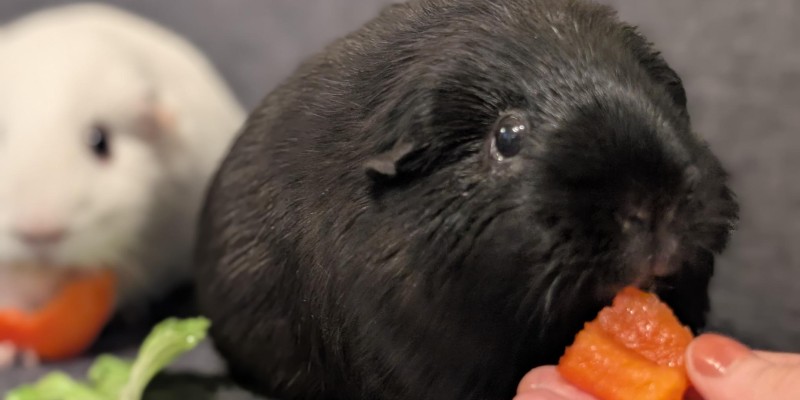 Challenging teachers
Challenging teachers
Vegan children were reprimanded for discussing veganism in response to teachings about the benefits of dairy and beef.
In situations like these, we advocate for the parents and the pupils and on request, provide information to the school about legal duties under human rights and equality law, as well as the legal requirement to teach the curriculum in an objective, critical and plural manner. In some cases, the parents’ informal discussions can go on for some time and in that case, the formal complaint process is helpful because there is a specified time for investigation and response. This usually offers better outcomes and in a more timely manner.
In 2021, an 18-year-old vegan college student won a case against her college following support from The Vegan Society after she was told she had to take a module on Farm Husbandry or fail the course.
Plant milk provision
The Nursery Milk Scheme and the NHS Voucher Scheme do not permit plant-based milk alternatives to dairy milk. Parents receive a range of responses to their questions from “no we don’t offer vegan alternatives” to being asked to pay for it themselves.
Through the use of equality law, supported by the equality principles laid out in the Early Years Foundation Stage policy, our vegan advocate has been able to ensure parents of young vegan children can access plant-based milk alternatives (only for children over a year old).
In 2021, a Primary School in Solihull u-turned on school policy of only offering cow’s milk or water after a vegan dad, whose 5-year-old was banned from bringing soya milk into school, turned to The Vegan Society to help fight his case.
Our advocate's legal arguments for the inclusion of plant-based milk alternatives resulted in the Scottish government including funding for plant-based milk for nursery providers. The Vegan Society is currently liaising with the government to achieve the same in England. In response to legal arguments for inclusion, a government report has now been published, stating that cow's milk is not an essential component of a human diet at any stage of life and that appropriate plant-based drinks are acceptable alternatives and should be offered in place of water where cow's milk is offered.
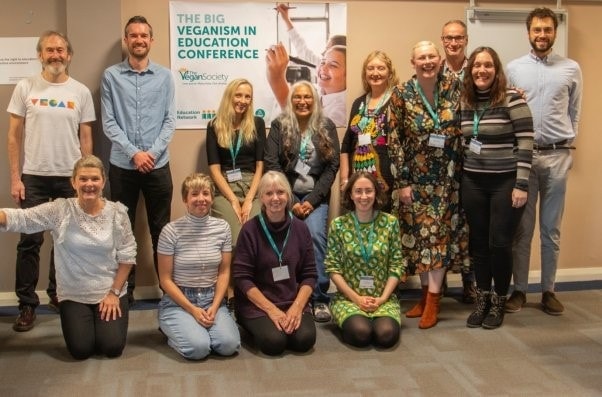
Education Conference, Liverpool
A few years ago, we introduced The Vegan Society’s education function and recruited Laura Diamond as our Education Officer to help The Vegan Society communicate better with schools. The mission is to build on legal protection and normalise vegan inclusive education. With Laura’s help, we now have many resources and template letters that parents can use to help bring about vegan-inclusive education practices. You can contact Laura by writing to education[at]vegansociety[dot]com
Vegan-inclusive education is about recognising and respecting the ethical convictions of vegan learners and ensuring they feel valued and respected. The legal protection for vegans under the Equality Act 2010 means that schools have a duty to avoid discriminating against vegan learners, just as they would for those with other protected characteristics. However, in many educational settings, vegan children continue to experience exclusion, whether through a lack of appropriate meal options, being required to handle non-vegan materials, or feeling isolated in lessons and activities that do not reflect their ethical choices.
Exclusion in education, whether intentional or not, can have a profound impact on a child’s sense of belonging and well-being. No learner should feel that their beliefs are overlooked or dismissed. By embedding vegan-inclusive principles into school policies and practices, they can create a more equitable learning environment where all children feel valued and respected. Through The Vegan Society’s growing bank of resources, we are empowering parents and guardians, learners and educators to work together to ensure that vegan learners are fully included in every aspect of their education.
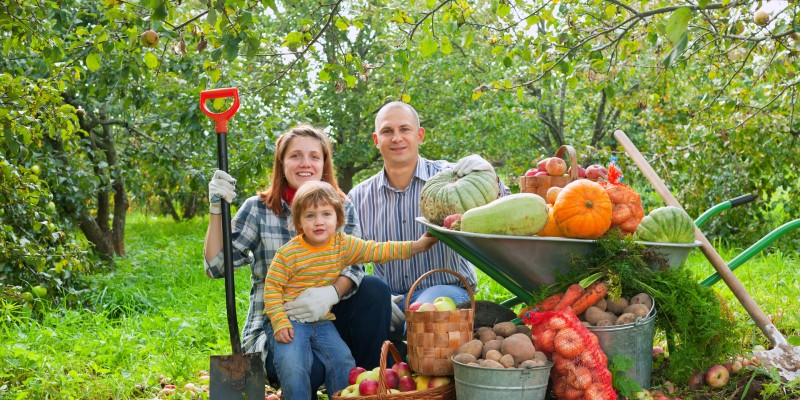 Examples of issues in employment
Examples of issues in employment
NHS Prevent training
In 2024, our vegan rights advocate was contacted by health professionals who complained that one of the NHS training modules used veganism in counter-terrorism training. Prevent, part of the UK government's counter-terrorism strategy, is designed to identify individuals at risk of radicalisation. However, veganism was referenced in the training materials, implying a link with extremist behaviour. This has consequences for vegans in the workplace, who previously have complained to The Vegan Society that they have unfairly been accused of extremism, radicalisation, and terrorism. Our International Rights Network (IRN) and our vegan rights advocate Dr. Jeanette Rowley, The Vegan Society’s legal expert on human rights took action and we were pleased to report that veganism has now been removed from the NHS Prevent counter-terrorism training materials.
Pensions
Vegans in employment have complained about the lack of access to vegan-friendly pensions.
This is a complex area of law. Access to employment pensions is subject to anti-discrimination law but pension providers have a duty to choose the best returns possible and there are limited ‘ethical’ pension investment options available to vegans. However, Sharia-compliant pension options are made available for those who wish to invest according to the Islamic faith, and it would therefore be valuable to have a legal ruling on the scope of protection from discrimination for vegans who wish to invest in investment schemes that are more aligned with their ethical convictions.
Work tasks/Work wear
Vegans in employment are sometimes asked to undertake tasks they feel uncomfortable about. These can include delivering non-vegan products, processing orders for equipment for use in animal exploitation industries and institutions or handling non-vegan products. They may also ask for vegan-friendly personal, protective equipment such as: warehouse shoes; construction boots and gloves; firefighters’ shoes; boots and gloves; nurse and police shoes and uniform items that don’t contain sheep’s wool.
We can support vegans with their requests for accommodation of needs and, if necessary, help them explain that they have a protected characteristic under equality law.. In some cases, we have discussed with the employer how the needs of their vegan employees can be accommodated and, between us, we have managed to find the way forward. This has been possible in the care sector, in educational contexts and in other public and private sector employment contexts.
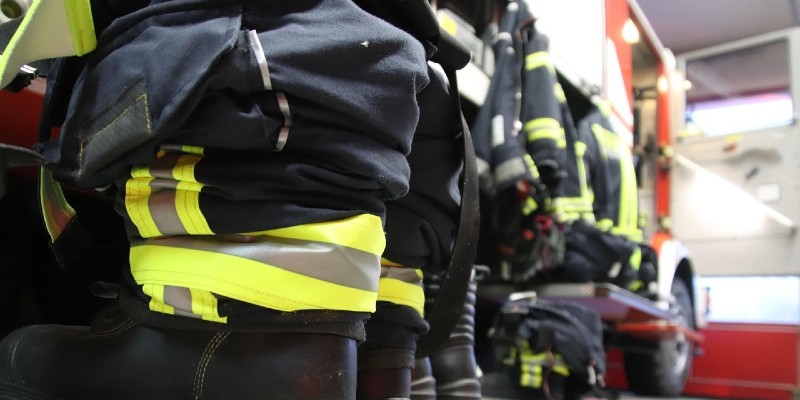 Formal grievances support
Formal grievances support
Vegans already involved in a formal grievance with the support of their union representative sometimes ask us for support. We usually have a Zoom call to understand the nature of the problem and to discuss how we might be able to help.. We have given witness statements in employment grievances, supported vegans preparing for their case to be heard by an employment tribunal, and helped vegans bring about investigations for unlawful conduct and secure out-of-court settlements for discrimination, harassment and victimisation.
Promoting veganism at work
We have dealt with cases in which vegans have been reprimanded for promoting veganism at work.
In these kinds of cases, we have successfully helped employers implement fair practices that include vegans being able to speak about veganism and not be accused of creating an unsettling office environment.
Employment training issues
Vegans in employment training have challenged a requirement to participate in the exploitation of other animals during training. The vegans involved claimed that the training measures were not necessary and there were other ways to deliver the education or training and achieve the required learning outcomes. In these cases, we listen to the vegan’s views and help them structure their explanation to their employers. In several cases, vegans have brought about changes in education and training policy so that non-human animals are no longer exploited in the specific training.
Refusal of establishment of a staff network
Vegans have complained that their request to establish a vegan staff network has been refused. Some of the cases involved vegans who complained that while their request was refused, there were other groups of employees, not protected by law, who had been given permission to establish their staff network. Vegans in these situations have explained that they are upset because staff networks play a vital role in policymaking and the vegans wanted to contribute to equality, diversity and inclusion initiatives and environmental and well-being projects. In these cases, our rights advocate has been able to set out why the refusal could amount to discrimination and, in the case of public sector employers, explain why the refusal was a potential breach of the public sector equality duty.
Conclusion: Overall objectives for Vegan Advocacy
The purpose of using the law to defend and protect vegans is to support the mission for animal rights and freedom.
In many cases, complaints made by vegans bring about more inclusive practices and policies. This does not only result in vegans feeling more comfortable being vegan and being able to sustain their vegan practice more easily. It also means that veganism is validated and more sustainable, attractive and accessible to others.
Using law to defend and protect vegans from discrimination has always been to help bring about a more compassionate world free from animal exploitation.
If you or a vegan you know needs support, contact our vegan advocacy service. We assure you that your personal data and our correspondence are confidential and that we do not share personal data or information with third parties without your consent and unless we are required to do so by law.
Why not join The Vegan Society as a member to help support our important work in this area?
The views expressed by our bloggers are not necessarily the views of The Vegan Society.

